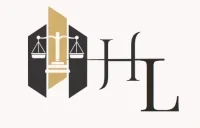Discover how a recent Supreme Court ruling has reinforced the vital importance of procedural integrity within India’s juvenile justice system. Delving into the case of Thirumoorthy vs. State Rep. by the Inspector of Police, the court’s stringent directives highlight the necessity for strict adherence to the Juvenile Justice Act, 2015. Learn about the pivotal role of preliminary assessments by the Juvenile Justice Board, the repercussions of procedural lapses, and the legal ramifications of bypassing mandated procedures. Gain insights into how legal professionals can safeguard the rights of juvenile offenders and uphold due process in light of this groundbreaking judgment.







